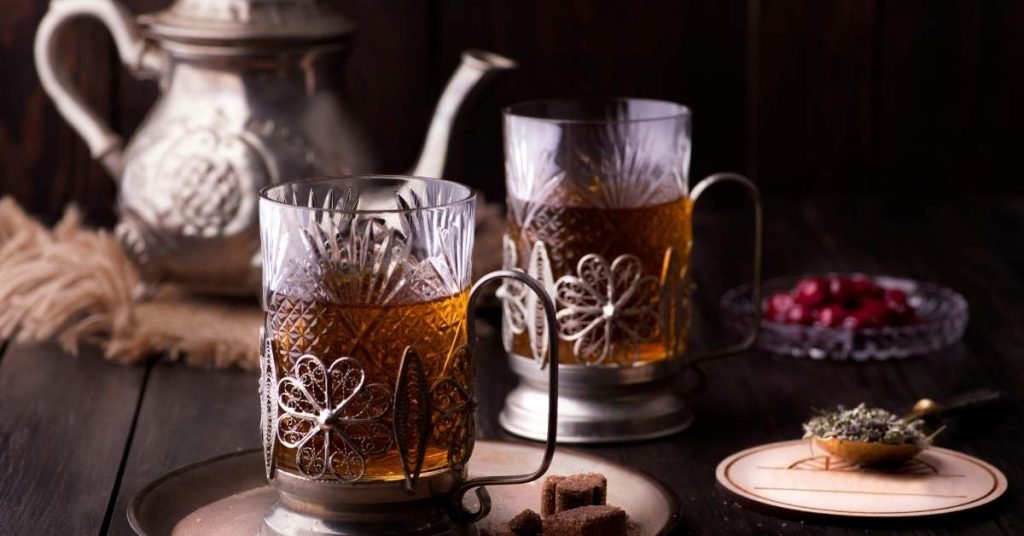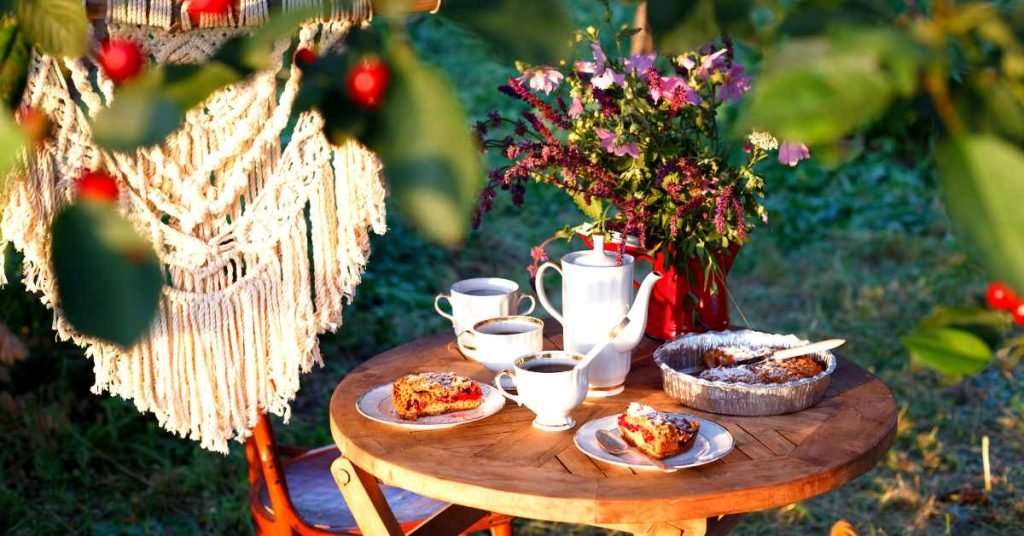Lebanon consumes 1 lb of tea per capita per year.
The favorite infusion among Lebanese is strong Ceylon tea, often spiced with cinnamon and cardamom.
Lebanon is the 75th largest tea exporter worldwide, boasting its own variant of Black tea with rose and blossom.
History of Tea in Lebanon
Lebanese tea culture dates back centuries ago. Like all other Middle East countries, Lebanon too was influenced by the early Silk Road trading that included a variety of Chinese teas such as Black and Green tea.
During the 18th and 19th centuries, a lot of Lebanese migrated to Argentina and Brazil and after the oil boom, they brought Yerba Mate back home, so they also embraced this South American tea culture.
Today, Lebanese people have their own tea production and tea blends that they gladly share with every guest and newcomer to their land.
Tea Culture in Lebanon
Lebanese only drink hot tea and they consume it with every meal.
Hospitality is the main signature of the country, so every guest is offered a cup of tea upon entering a local home or a business.
Orange blossom or rose water is a regular addition to the strong, Ceylon tea, while cinnamon and cardamom play a vital role in making Libanese tea unique.
Tea is served at people’s homes, at business meetings, at social gatherings, at weddings, and during all the meals.
Lebanese people always offer sweets with tea. The most common is their traditional tea cake called Sfouf. A delicious mix of turmeric and anis for strong-flavor lovers.
Any other sweet treat can be served alongside Lebanese tea as well, for prolonged enjoyment and an unforgettable tea journey.




